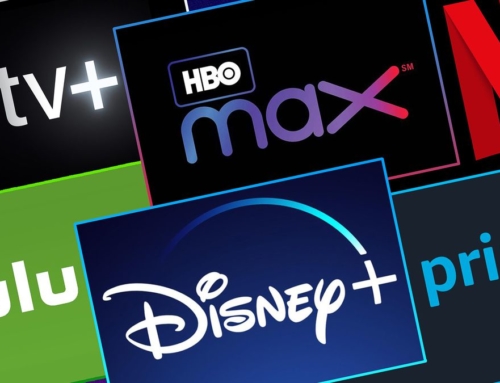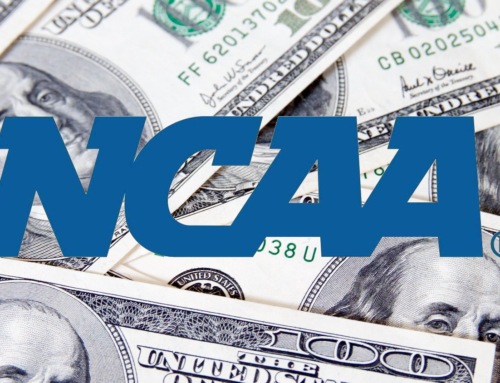Although your parents may have told you otherwise, playing video games can, as it turns out, have a positive impact on one’s life. This sentiment seems to hold more bearing each and every year as eSports continues to dominate both the athletic and entertainment industries. Now, eSports is making the jump to academics.
In less than a decade, eSports has grown into a billion-dollar industry. Cities across North America are spending millions of dollars on state-of-the-art gaming arenas, and major networks are broadcasting competitive events and tournaments to record-breaking numbers of viewers. It’s no surprise that colleges are now looking to get a piece of the prize as well.
By 2020, experts predict that eSports will reach a valuation of $1.5 billion, and 300 million people will be tuning in to watch eSports events. In contrast to this, the 100-year-old NFL made approximately $16 billion in overall revenue in 2018; the MLB brought in $10 billion; the NBA made $7 billion; and the NHL brought in roughly $4 billion. At this rate, eSports could overtake these beloved major sports leagues in just a matter of years.
In 2019, there are approximately 200 US colleges offering nearly $15 million per year in partial scholarships for eSports competitors. This all started thanks to the creation of NACE — the National Association of Collegiate eSports — in 2016. At the time, there were six founding institutions offering scholarships for eSports. The amount of growth seen at the collegiate level in just three years is a strong indication of just how quickly the industry is growing.
For collegiate eSports athletes, life is similar to that of other athletes on campus. Students are awarded scholarships based on academics, merit and athletic ability. Since eSports is still such a new trend in sports and consists of a wide variety of games available to play, training schedules vary from team to team. Still, Michael Brooks — founder of NACE — says teams often meet once a day for one- to three-hour practices, and will often take part in one official competition per week leading to a tournament at the end of the semester.
The benefits of eSports scholarships are twofold. For colleges, the cost of operating an eSports team is relatively low. According to a report from Wired, it costs just $32,000 to start a college eSports team, significantly less than what it takes to start a football or basketball team. Furthermore, eSports facilities are often easy to establish. Most colleges have taken to revamping underused facilities on campus to house their teams. As money continues to pour into the industry, investors and video-game publishers have been quick to jump at the opportunity to sponsor college-level teams, providing them with all of the necessary equipment to support an eSports team. For colleges, creating an eSports team is a way to attract future students and remain viable in the changing athletic landscape — all while keeping costs and risks at a minimum.
For students, the benefits are obvious. eSports scholarships give students the opportunity to attend college based on a skill that was once looked down upon. These scholarships are also providing players moving into the world of eSports an opportunity to pursue an academic career that they might otherwise have missed out on. Given that eSports careers often begin when players are teenagers and end before they reach their thirties, an eSports scholarship can allow a professional player to receive an education, giving them something to fall back on once their eSports career inevitably ends.
While many still look down on the notion that eSports could contend with traditional sports and their respective leagues, the fact of the matter is that it’s already happening. As the industry continues to grow at a rapid pace, Michael Brooks thinks that that will be reflected in the ways in which eSports are treated at the collegiate level. Brooks hopes that in the coming years, schools will begin to offer students full-ride scholarships based on their gaming abilities. Given the current trends, it shouldn’t take long for collegiate-level eSports to reach that point and to become a viable addition to more traditional collegiate sports.











Leave A Comment
You must be logged in to post a comment.